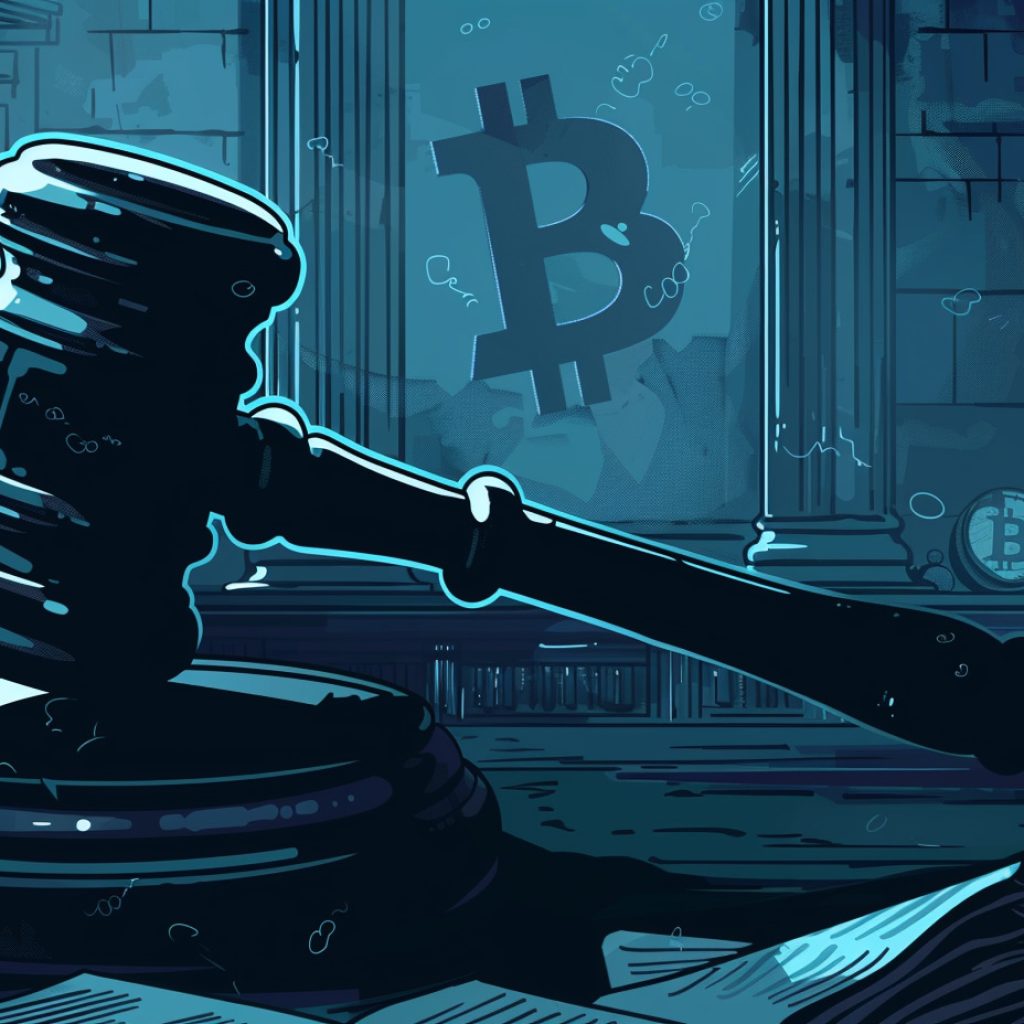Norges Bank, Norway’s central bank, released the 2023 Financial Infrastructure Report and Retail Payment Services 2022, spotlighting the need to enhance and fortify the payment system’s contingency arrangements. The effort aims to ensure the Norwegian public’s ability to continue making secure and efficient payments in the future.
With cyber threats escalating and diversifying, maintaining a robust payment system demands concerted efforts from individual entities and effective public-private partnerships. “Cyber incidents can quickly spread across sectors, and contingency work in the various sectors must therefore be viewed in a broader context,” warns Deputy Governor Pål Longva.
In response to these cyber threats, Norges Bank and Finanstilsynet, Norway’s Financial Supervisory Authority, have initiated a framework for testing the cyber resilience of banking and payment systems. This project, which simulates real-world attacks, is designed to enhance the financial sector’s cyber resilience, ultimately promoting financial stability.
In this era of technological revolution, the payment landscape is continually evolving, characterized by innovative technology, new payment methods, and emerging payment providers. Consequently, Norges Bank plans to explore and determine the future design of its settlement system while intensifying its efforts toward a central bank digital currency (CBDC).
Charting the course for crypto regulation
As cryptocurrencies gain momentum worldwide, Norges Bank has urged Norwegian authorities to consider establishing a national strategy for crypto regulation. With the European Union’s Markets in Crypto Assets (MiCA) regulation on the brink of implementation, there is speculation that it may apply within the broader European Economic Area. However, Norges Bank believes that more specific crypto regulations should be developed.
Echoing this sentiment, Deputy Governor Pål Longva suggests that “the Norwegian authorities should assess whether to proceed more quickly rather than wait for international regulatory solutions. Norges Bank can contribute to such assessments and regulations promoting responsible innovation.”
While MiCA offers broad regulatory coverage for crypto market service providers, focusing on market abuse, consumer protection, market integrity, and financial stability, it falls short in regulating decentralized finance. Norges Bank, therefore, advocates for specific legislation tailored to the unique systemic risks and enforcement challenges inherent to the crypto landscape.
In addition to regulation, Norges Bank underscores the importance of fostering knowledge and understanding about cryptocurrency usage, attitudes, and exposure in Norway. The central bank aims to mitigate risks by stepping into this educational role while encouraging responsible and informed innovation in the burgeoning crypto sector.
As Norges Bank navigates this complex and dynamic landscape, its proactive stance on cybersecurity and cryptocurrency regulation clearly indicates its commitment to maintaining financial stability and security in an increasingly digital world.





